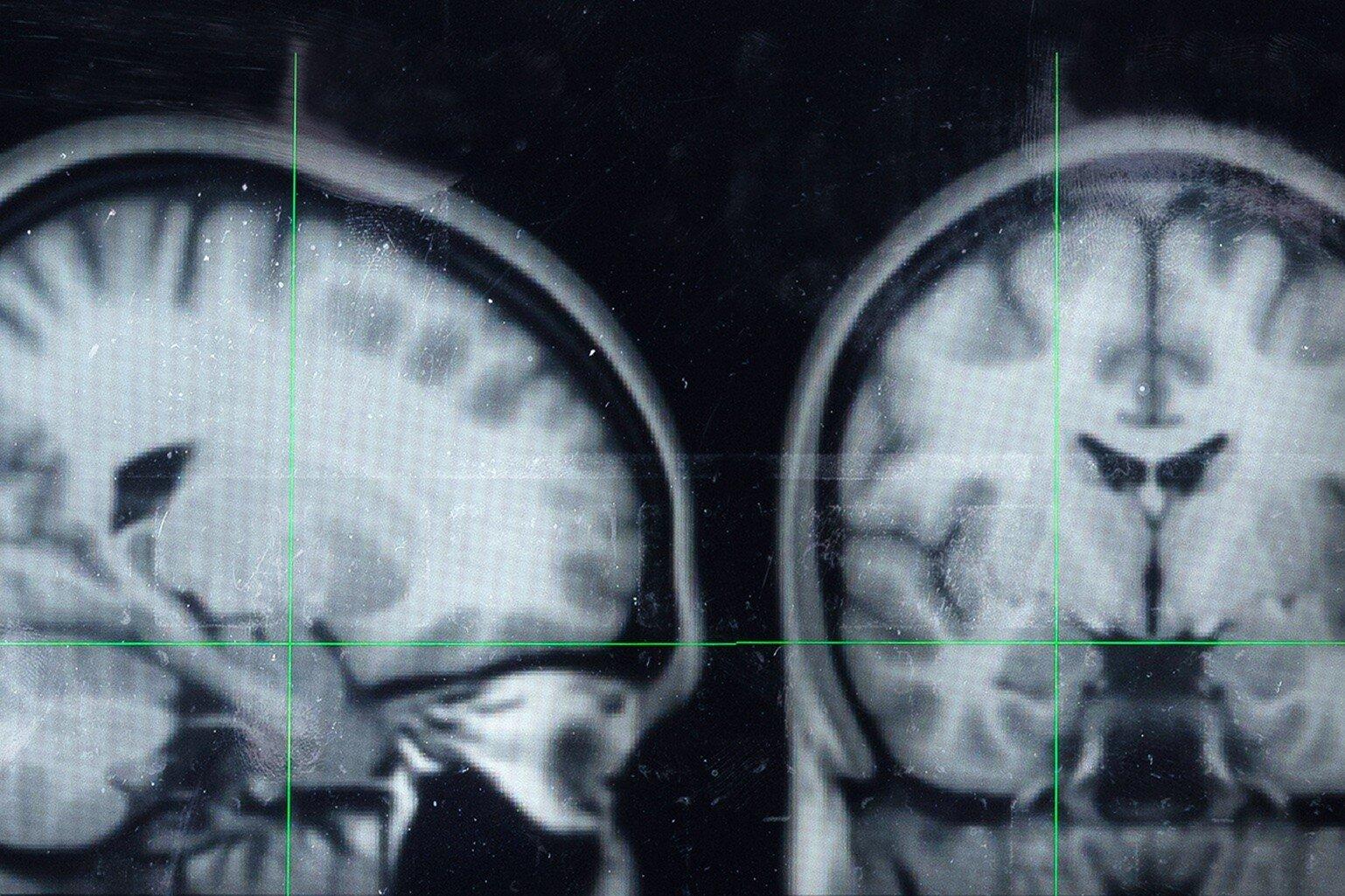
Psychotic disorders affect around one in 100 people globally [PDF 1519KB] and are among the most severe mental health problems.
Early intervention is crucial to reduce the impact of psychosis, but diagnosis and treatment can be challenging. And despite progress, the underlying mechanisms of psychosis are not fully understood.
There's evidence to suggest that the brain undergoes changes during psychosis. However, it’s unclear where and when these changes occur and how this varies across people. For example, it’s uncertain whether these changes happen before or during psychotic episodes, which specific part of the brain is affected, and if this pattern differs among people.
If these brain changes could be mapped, it could provide new opportunities for targeted early intervention. However, existing research is inconclusive, and no specific part of the brain has been definitively linked to psychosis.
That's what Professor André Marquand and his team at Radboud University set out to address in their study, Brainchart.
The team analysed data from around 60,000 people using neuroimaging to see how brains typically develop over a lifetime. By comparing these collections of scans, or ‘brain charts’, to brain images of 3000 people experiencing early psychosis, the team is helping to unlock new insights and advance the field of neuroscience.
What is Brainchart?
Brainchart was led by Professor Marquand and researchers from Radboud University, King's College London and the University of Oslo from 2020 to 2023.
The team used pre-existing neuroimaging data from 60,000 people, mainly from the UK, Europe and the US, to create brain charts. These charts show how brains typically develop over a lifetime based on sex and age.
Additionally, the team conducted a two-year study on over 3,000 individuals with early psychosis in the UK and Norway. During treatment, they regularly assessed patients and compared their brain patterns with the average brain charts.
The study found differences in brain development between individuals with psychosis and the average brain chart. However, these differences varied among individuals, with no clear single marker. However, the more widespread the differences, the more severe the experience tended to be.
In 2023, the team launched the PCNPortal software tool, which provides access to their brain charts to support further research on mental disorders.
The power of personalised treatments for psychosis
According to Professor Marquand and his team, the first step in treating psychosis may be understanding individual differences.
The field of neuroscience has traditionally focused on studying groups of people. But Marquand believes it’s time for that to change.
“We need to move away from what's happening on average in psychosis, to what’s happening in individuals, and use those profiles to inform treatment,” he says.
That’s where Brainchart comes in.
By analysing brain development over time, the team saw that people with psychosis had significant differences in their scans relative to brain charts of people without psychosis. However, these patterns were unique to each person, with different areas of the brain affected in different people with psychosis.
"What’s happening in the brain of one person provides very little information about what might be happening in the brain of someone else," says Professor Marquand.
And the more widespread the differences, he explains, the more severe the outcomes tended to be.
For Professor Marquand and his team, this highlights the “potential for personalised intervention.”
A new era for psychosis intervention
Brainchart discovered that differences in brain patterns can be seen very early on – a breakthrough that could transform early intervention.
If we could identify people at high risk of psychosis earlier, there’s a possibility we could initiate treatment sooner and reduce the impact of episodes – or potentially even prevent them altogether.
Although further research is needed, Professor Marquand hopes that this discovery will ultimately enable us to make more informed, earlier decisions.
The team also hope to use their findings to predict how someone might respond to treatment. “The goal is to identify early on what will happen in the future,” he adds.
According to Professor Marquand, being able to predict someone’s risk of having a psychotic episode or how likely they are to respond well to treatment could help clinicians better categorise, or 'stratify', patients. This could lead to more tailored treatments and improved outcomes for people living with psychosis.
New technology to advance mental health research
Professor Marquand and his team not only gained new insights into the neurobiology of psychosis, but also developed an innovative online platform to improve real-world practice: the PCNPortal.
This tool enables researchers to compare data against brain charts generated from tens of thousands of brain images to help identify brain patterns and risk factors for psychosis and other mental disorders.
Described as a “brain-based fingerprint” by Professor Marquand, this tool has the potential to transform clinical trials by making research more efficient and providing another marker to understand psychosis.
"We really need to harness and leverage all of this information to make meaningful, individualised predictions," says Professor Marquand.
Ultimately, the team hope researchers use their tool and techniques to unlock new insights into mental health conditions to help find the right treatments for people at the right time.
The future of brain mapping for mental health
Brainchart’s findings hold immense potential for the field of neuroscience and mental health.
Technology underlying the PCNPortal is already being used to understand other conditions like ADHD, dementia, depression and Parkinson's disease. “It's really expanding in the field, which is very heartening,” says Professor Marquand.
The diverse team behind the study, from data scientists to software engineers, were the key to its success. “Getting different perspectives on the same data, on the same problem, is really important,” Professor Marquand says.
Looking ahead, he hopes the findings continue to advance the field and aims to build on them in his next project.
“It’s opened new possibilities for understanding individual differences in health and disorders. Now it’s about how we use this to make more meaningful predictions.”



